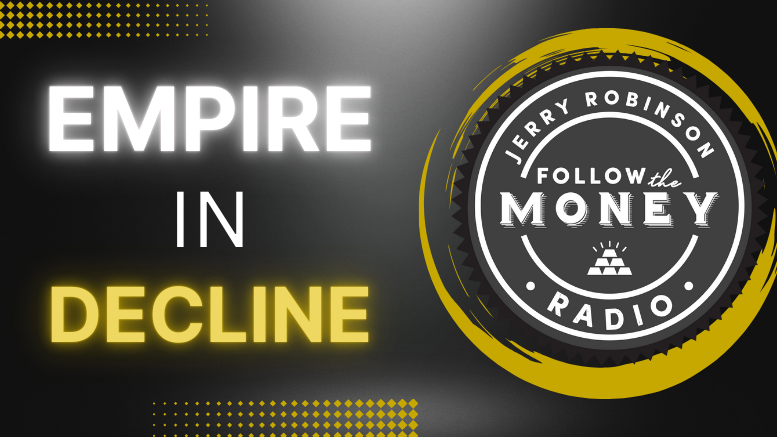WHAT IS A 770 ACCOUNT?

What is a 770 Account and How Does It Work?
Q: Hi Jerry, thanks for your website. I recently read your book and loved it. A friend recently told me about something called a “770 account.” According to my friend (who read about this in a financial newsletter,) this mysterious 770 account has been used by many wealthy people, including six different U.S. Presidents like John F. Kennedy and FDR. From what I understand, these 770 accounts generate tax-free income for retirement. So, my question is simple: What is a 770 account and how does it work?
– Mark Garrison (Hartford, CT)
A: Mark, you are not alone in your questions about the “mysterious” 770 account, as we have received this same question many times over the past several months. Put simply, a “770 account” is a permanent life insurance policy purchased from a mutual life insurance company that has been structured in such a way to maximize the policy’s cash value. By maximizing the cash value and minimizing the total death benefit, you are, in essence, maximizing the total amount of cash value within the life insurance policy. In most cases, this cash value can be accessed at anytime tax-free.
As a licensed insurance agent, I have sold many of these policies over the years and can tell you that they are completely legitimate and can be a great fit for the right financial situation.
When structured correctly, a permanent life insurance policy can provide many benefits, including: tax-deferred growth on your principal and annual dividends, tax-free access to your cash value, and protection from creditors. These policies can often provide a very competitive rate of return and can be used as collateral. You can also opt for disability benefits, which will keep the policy intact until age 65 if you were to become disabled. And this is not to mention the death benefit, which transfers to your heirs 100% tax-free!
VIDEO: What is a 770 Account?
Interested in learning more about a 770 account?
Call Mike Mitchell toll-free for more details at (833) 370-0777
So, why is it called a 770 account? It’s just a play on the section number of the IRS code pertaining to life insurance contracts: Section 7702. I guess a “770” account sounds better than a “7702” account. And it certainly sounds better than a “life insurance” account.
Personal finance gurus like Dave Ramsey and Suze Orman love to trash “770” accounts while heavily promoting “401k” accounts. But unlike “770” accounts, “401k” accounts have no guarantees, no downside market protection, no disability protection, and cannot be used as collateral. In addition, “401k” accounts also face stiff distribution taxes — providing you and/or your heirs with NO “tax-free” distributions — and are completely illiquid until you turn age 59 1/2.
This is not to say that a permanent life insurance policy is right for every situation. Unlike most of the personal finance gurus out there, I do not believe that there are “good” and “bad” investments. This is because I view all investments simply as “tools.” There is no tool that is inherently “good” or “bad.” Instead, it all depends upon what you are trying to accomplish. For example, if you are trying to drive a nail into a wall, there is nothing like a hammer to do the job. But “gurus” like Dave Ramsey and Suze Orman are paid shills who will attempt to convince you that ALL “HAMMERS” (i.e. life insurance, annuities, gold, etc.) ARE BAD AND SHOULD NEVER BE USED. How ridiculous is this?
All of this reminds me of a recent headline I read about a mystery Silicon Valley billionaire who just purchased a massive $201 million life insurance policy. (The Guinness Book of World Records is already calling it the largest life insurance policy ever issued.) According to the story, the high-tech billionaire had purchased the life insurance policy in order to “offset federal estate taxes that could take a 45 percent bite out of his heirs’ high-end inheritance.” Apparently, this billionaire does not get his financial advice from “gurus” like Dave Ramsey. And neither should you.
Until next time,
Jerry Robinson
Want to learn how you can set up your own "770" Account?
Click here to schedule a 100% FREE financial strategy session with one of our 770 Account specialists.







